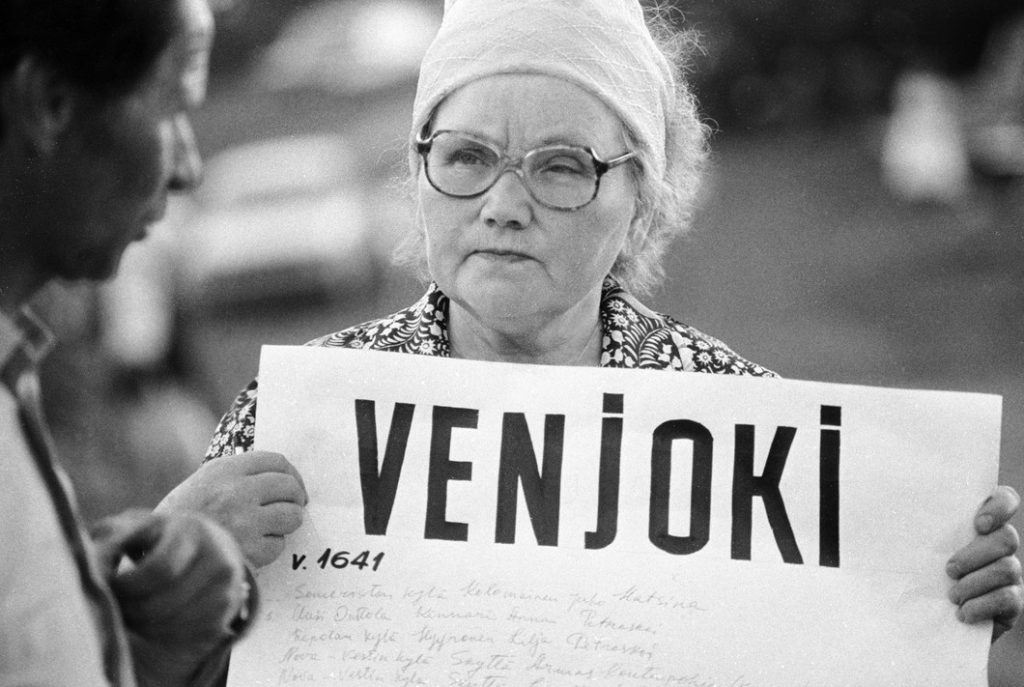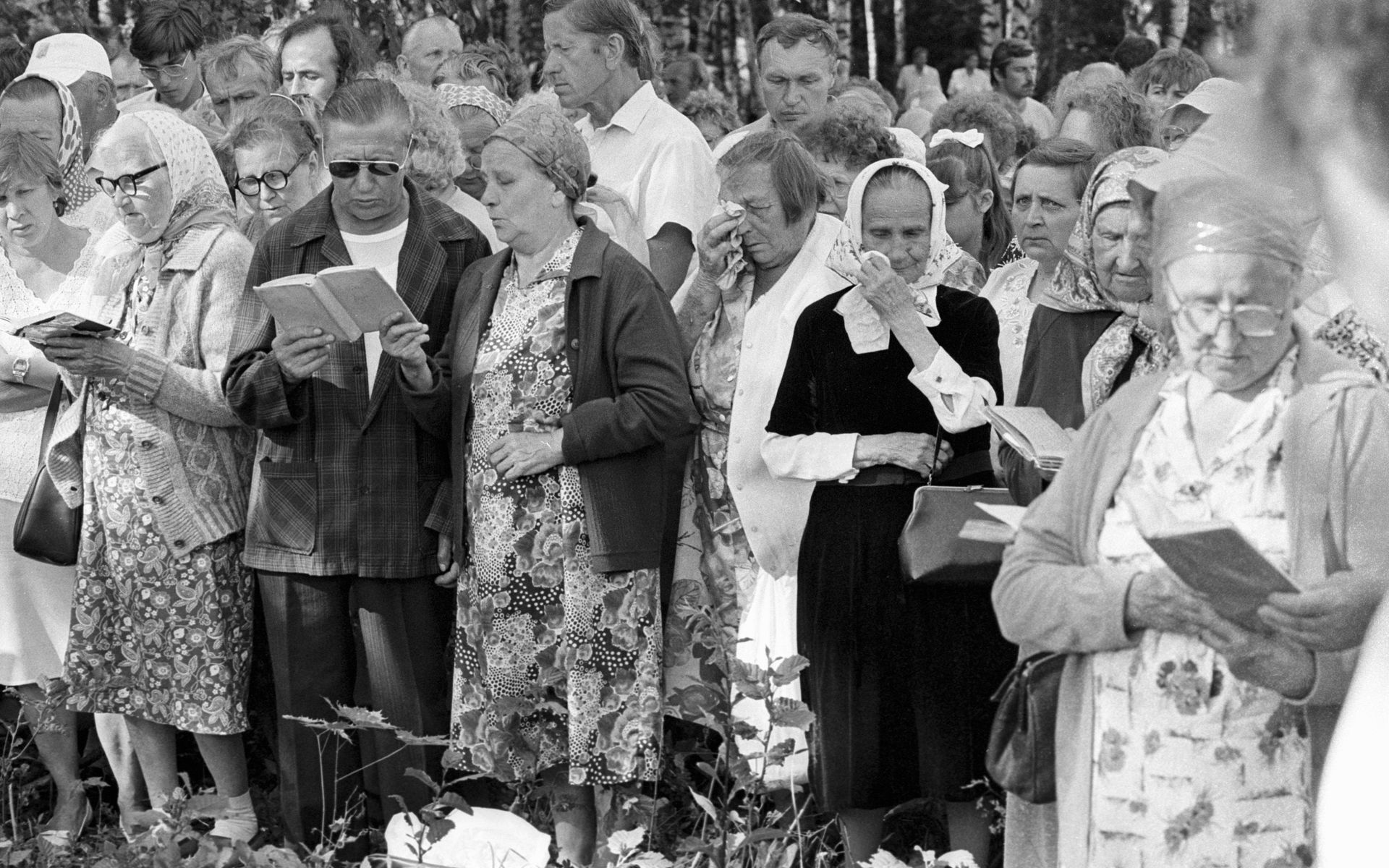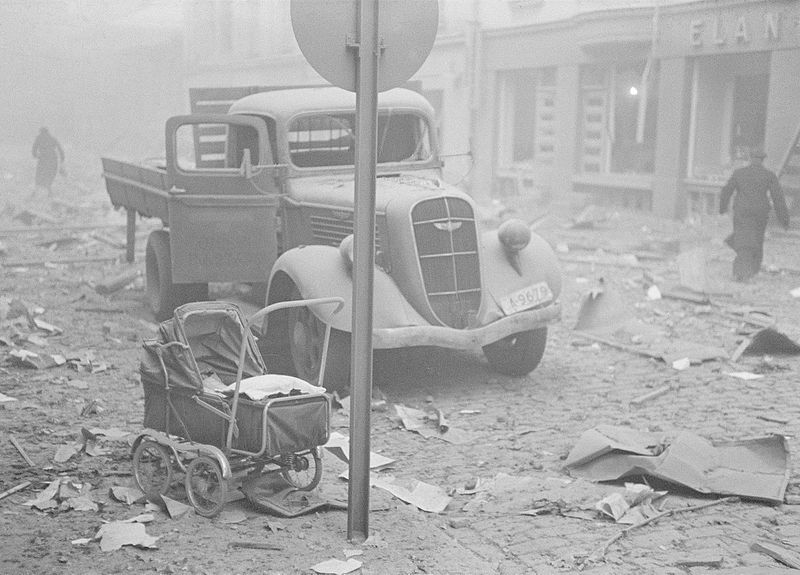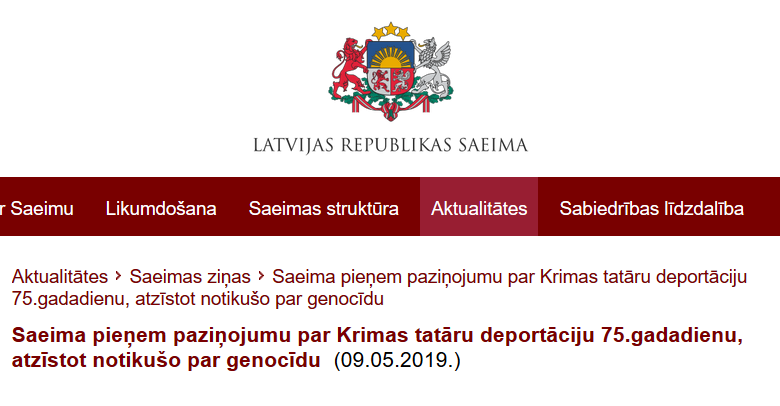One of the most obscure aspects of Stalin’s rule was his deportation of Finns and Norwegians in 1940 away from the Soviet border and the destruction of most of them in the GULAG. Few studies have been prepared on this act of genocide, and Putin’s FSB wants to keep it that way.

Officers of the Russian security service have just confiscated the print run of a new book by Agnessa Khaykara, the descendant of some of the Finns who suffered this fate, supposedly because she misused a grant given out by the regional authorities in the Russian Federation.
But the real reason for the FSB action is shown by the following fact: none of the other studies financed in this way have been confiscated or blocked in any way. That makes it clear that this is yet another act of historical censorship by the Putin regime which doesn’t want the truth to come out about its own murderous policies or Stalin’s.
In reporting on this, Tatyana Britskaya, a Novaya gazeta journalist, writes that “practically no one has written about the repressions against the Finnish population.” There is a memoir, but she says that Khaykara’s book is the first real study of the deportation and execution of “Finnish and Norwegian colonists” she has encountered.

Unfortunately, the journalist says, she is able to read it only on the computer screen because the FSB has seized the print run and blocked further printing – but of course, the availability of the book online makes what the FSB has done repressive but in a remarkably unsuccessful way.
Before the deportations, one center of Finnish life in the Russian North was around Polyarny which now is a base for the Northern Fleet.
The men were sent to the GULAG or shot. Their wives and children were confined nearby in Khibinogorsk, which is now called Kirovsk and is an important tourist destination for skiers. Khaykara tells the story of one of them, Nelli Heikkinen who was confined to a children’s home and then, after she became 14, a Soviet prison because of her nationality.
Labelled “an enemy of the people” at the time, Nelli suffered her entire life for this, Khaykara recounts. Finally, she appealed to the Finnish president for asylum saying that she “did not want to live in Russia since I do not believe anyone there.” He accepted and now, she is living in Tampere. Next year, she will be 90.
Khaykara collected such stories about more than 200 Finns and Norwegians repressed by the Soviet authorities. She sees the confiscation of her printed book as a sign that once again her ancestors are being banned by having their stories blocked from reaching a wider audience. Indeed, as Britskaya puts it, she believes “her heroes are again under arrest.”
Read More:
- Another ‘punished people’ documented – the Kola Norwegians destroyed by Stalin
- In the shadow of revised history: Kremlin’s war on remembrance continues
- Moscow splitting Finno-Ugric languages to promote assimilation to Russian, Mari linguist says
- “Russia’s bunker busters will reach Finns underground” – how to ridicule and threaten at once
- No military aid for Ukraine — Finnish Prime Minister
- Finnish Violinist and Conductor Writes Open Letter to Artists That Support Putin’s Actions
- Did a Ukrainian unit really come to the aid of Finland in the Winter War?
- The mystery of how Kyivan Rus shaped early Christianity in Norway
- Russia’s imperial crackdown on the memory of indigenous victims of deportations
- Historical documents detailing Vistula operation to deport 150,000 Polish Ukrainians now online
- Haytarma: the film about Stalin’s deportation of the Crimean Tatars Russia doesn’t want you to see | Watch online
- On 73rd anniversary of deportation, Chechnya and Ingushetia divide on Stalin and his crimes
- Punished peoples fight Putin’s war on history with monuments to their deportations
- Stalin’s deportation of Baltic peoples in June 1941 remembered
- Deportation, genocide, and Russia’s war against Crimean Tatars








